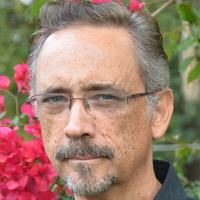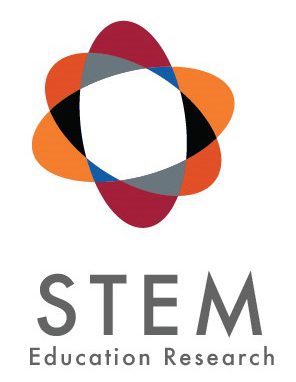
Education
B.A. (1979) Sociology, University of California, San Diego; M.A. (1984) Education, Stanford University; Ph.D. (1990) Education, Stanford University
Biography
My scholarly interests lie at the forefront of research and debate concerning social inequality in U.S. society, particularly as it applies to urban minority families and youth. My principal motivation as a scholar has been to draw people’s attention to the complexities underlying the adolescent development of minority youth from low-income families, and more specifically, of Mexican-origin youth from immigrant households. Through various research projects and publications, I’ve examined the many constraints and social forces which prevent low-SES minority youth from constructing the kinds of social networks that provide access to key developmental opportunities and to important forms of social and institutional support (e.g., academic assistance, career decision-making, emotional support, crisis intervention). Drawing from the conceptual and methodological tools of social network analysis and from theories of social capital, I’ve tried to show how the relationships and networks in which these youth participate are regularly becoming patterned and institutionalized in ways that perpetuate class and racial inequalities in society. I grew up in the urban core of San Diego, California, in the 1960s in a community where poor and working-class African American, Mexican and White families shared common space. Through the eyes and ears of a pre-pubescent and early teen, I became attuned to the harsh realities of racial segregation and the cultural influences of the civil rights movement, White, Black and Chicano nationalism, the Vietnam war, the hippie movement, and Motown music. After working as a bilingual elementary school teacher in San Diego in the early 1980s, I left to pursue graduate studies at Stanford University. After completing my doctorate, I received a University of California President’s Fellowship and returned to San Diego to commence a new research project on the social support systems of Mexican-origin high school youth. My book, which brings together my research in the San Francisco Bay Area and in San Diego, was published in 2001. Since completing my book, my interest as a sociologist has turned to community-based youth intervention programs. A growing body of evidence has shown that many community-based youth organizations are making a positive difference in the lives of young people growing up in economically-distressed communities. The problem is that we still don’t have a good grasp of the underlying social and organizational mechanisms embodied in those programs that appear to be supporting human development and school achievement under deleterious ecological conditions. Nor do we have the necessary theoretical understanding of the complex problems and challenges of developing and replicating highly effective programs and organizations. My assessment is that a framework that articulates a thorough and creative synthesis of research and theory related to ‘social capital’ processes would be of considerable benefit to those in the fields of youth intervention, social welfare, and urban education. I believe that such a social capital framework, which focuses on forms of support generated by various types of relationships and social networks, could aid the future development of theoretically-based intervention designs, as well as future research and evaluations of youth intervention programs, and finally, a fruitful re-examination and meta-analysis of existing intervention studies.
Experience
- Associate Professor, Rossier School of Education, University of Southern California, 2000-present
- Associate Professor (Courtesy appointment), Department of Sociology, University of Southern California, 2002-present
- Associate Director, Center for American Studies and Ethnicity, University of Southern California, 2001-02
- Assistant Professor, Department of Sociology, University of California, San Diego, 1992-2000
Expertise
Sociology of Education (the role of race and ethnicity in public education); urban education; working-class racial minority youth development (focus on Latinos in the U.S.); theories of social capital; models of youth intervention
Project Summary
This project responds to recent calls for rigorous theorizing about how various organizational or program approaches to youth intervention work to support children and youth growing up in economically distressed urban communities. The specific objective of the project is three-fold: first, to analyze documentation on a sample of community-based intervention programs, second, to synthesize the broad research and theoretical literature on social support and “social capital,” and third, to present a framework that facilitates the application of this research in the design, refinement, and evaluation of community-based and school-based youth intervention programs.
This project will culminate in a book manuscript accessible to both scholars and those heavily involved in youth intervention and child welfare (program developers, program directors and staff, funding agents, and policymakers).
Major Publications
- Manufacturing Hope & Despair: The School and Kin Support Networks of U.S.-Mexican Youth (Teachers College Press, Columbia University, 2001)
- “A Social Capital Framework for Understanding The Socialization of Racial Minority Children and Youths,” Harvard Educational Review, vol. 67, no. 1, 1997
- “Informal Mentors and Role Models in the Lives of Urban Mexican-origin Adolescents,” co-author, Anthropology & Education Quarterly, vol. 34, no. 2, Fall 2003
